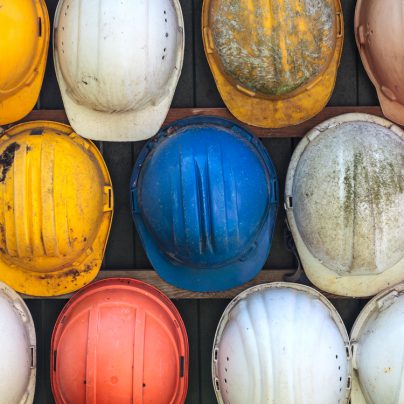
Building a Safer Future: The Importance of Construction Safety Management
Hey there, folks! Today, let’s talk about something that’s often overlooked but incredibly important. Construction safety management. Whether you’re a construction worker, a site manager, or just someone who’s curious…

How a CDM Consultant transformed an architectural practice through proactive design risk management and workplace innovation
In the realm of architecture, our forward-thinking CDM consultant stepped into the bustling world of an architectural practice. The organisation was highly skilled, 35 strong, and had flair with their…


